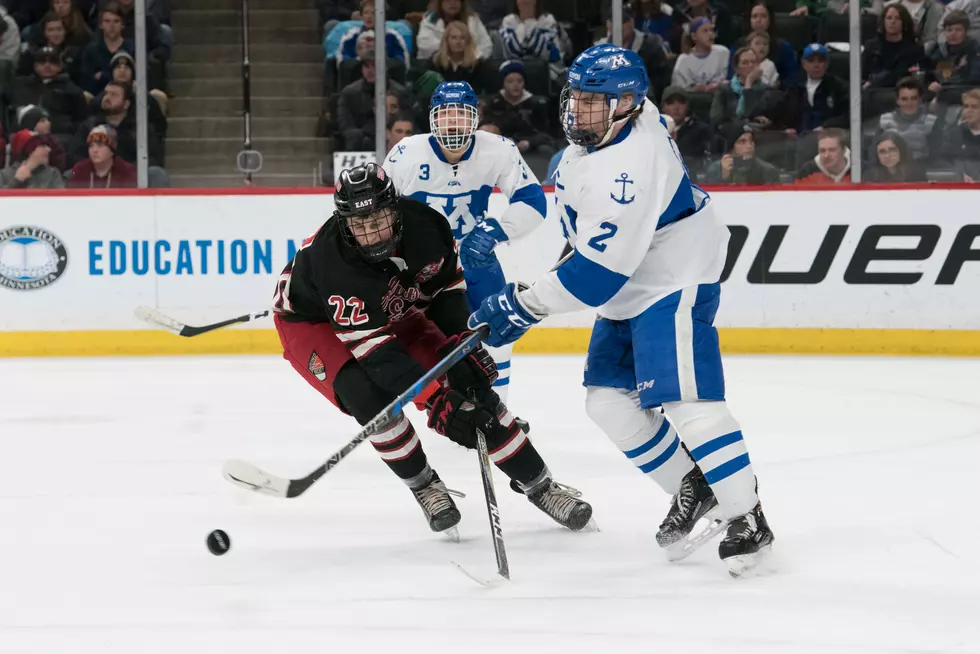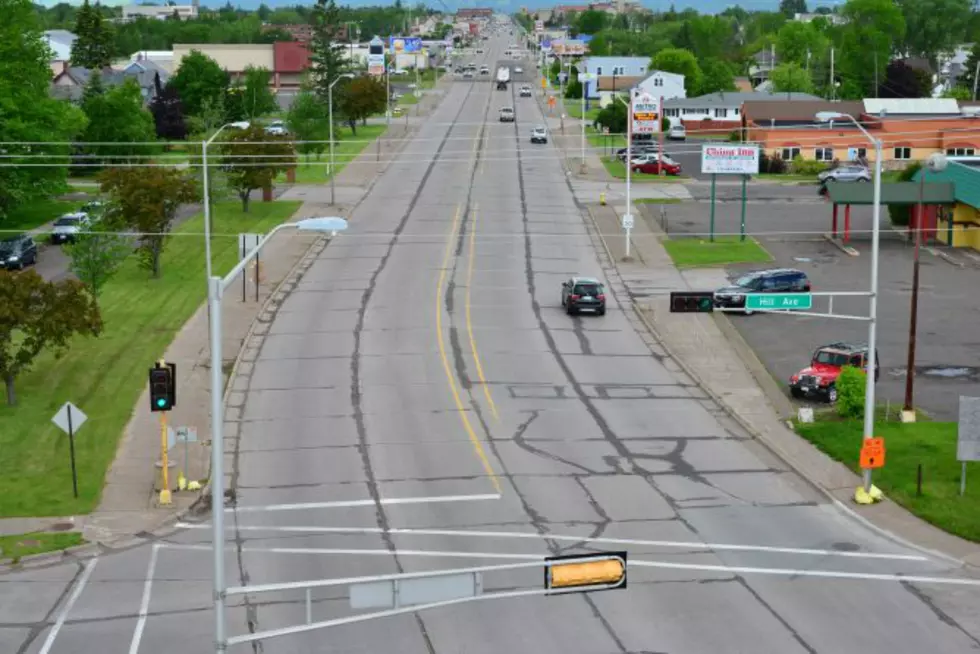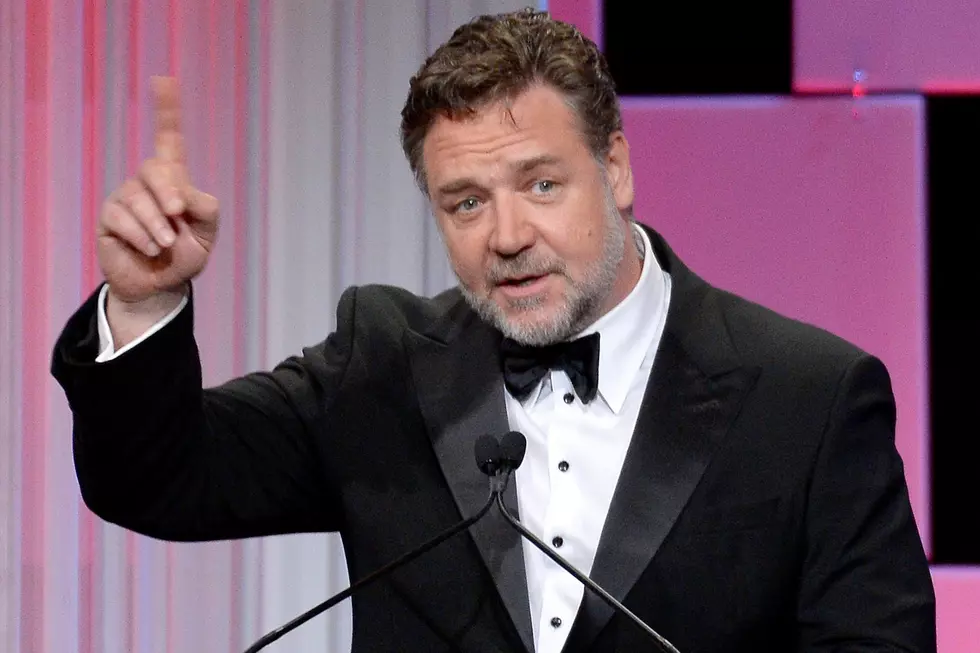
David Bowie’s Audio Engineer: ‘The Girls Are Taking Over’
When a professor at NYU's Clive Davis Institute introduced Erin Tonkon to one of her heroes, music producer and David Bowie collaborator Tony Visconti, she thought it would turn into an internship. But five years later, she's still working with the legend, and can put "audio engineer" for Bowie's final album Blackstar on her resume.
And while she calls Bowie "brilliant," and describes her time working with him with love and admiration, these days she's interested in working with more female rockers: Frankie Cosomos, Jay Som, Palehound, Molly Burch, Japanese Breakfast, Esperanza Spalding and Fiona Silver.
To her, it makes sense. "First white people stole rock music, and now the girls are taking it (laughs)," she told Forbes. "After all, rock music was started by a black woman named Sister Rosetta Tharpe" - who will be inducted into the Rock and Roll Hall of Fame next month.
The women are taking over, she says, but it hasn't been easy and their path still isn't clear. "Growing up I never thought, 'No, I can't do that because I'm a girl,'" Tonkon says. "But it was hard to see no other women in the studio. I felt like I had to be extra competitive and work a lot harder to be taken seriously. Even today walking into a room, no one ever assumes that I’m the engineer. I have to constantly prove my technological savvy.
"At first, people might think that it's a cool novelty to have a female engineer, but when it comes down to it, they’ll hire the less-qualified male to do the same job. It's a boys club. You feel constantly judged and left out, but I've learned how to carry myself."
Of course, there are ways to combat that attitude and unbalanced gender split on the technical side of the music industry and beyond. "My rule of thumb in any line of work is that you're always better off hiring the minority — whether it's a woman, trans, or person of color. I guarantee they had to work a lot harder because there were more obstacles in the way."
Though many other women in the music industry have experienced #metoo moments, she's been shielded from much of it working with Visconti. But that doesn't mean she hasn't she received more than her fair share of sexist comments and inappropriate behavior.
"But even Tony has had to step in and say things on my behalf. I've also gotten a few nasty internet comments — this guy wrote me the equivalent of six pages ranting about the way I look, and how I shouldn't dress feminine because I'm asking for things," she said. "I've had that happen a few times completely unsolicited. I also have to triple-check job references because I've had people turn creepy real fast. This is my work, don't mess with me here. If you just want to hit on someone, do it somewhere else."
More From KOOL 101.7


![Duluth East Wins 4-2 Over Edina To Advance to Class AA State Championship [PHOTOS + RECAP]](http://townsquare.media/site/164/files/2018/03/DSC_2976.jpg?w=980&q=75)







